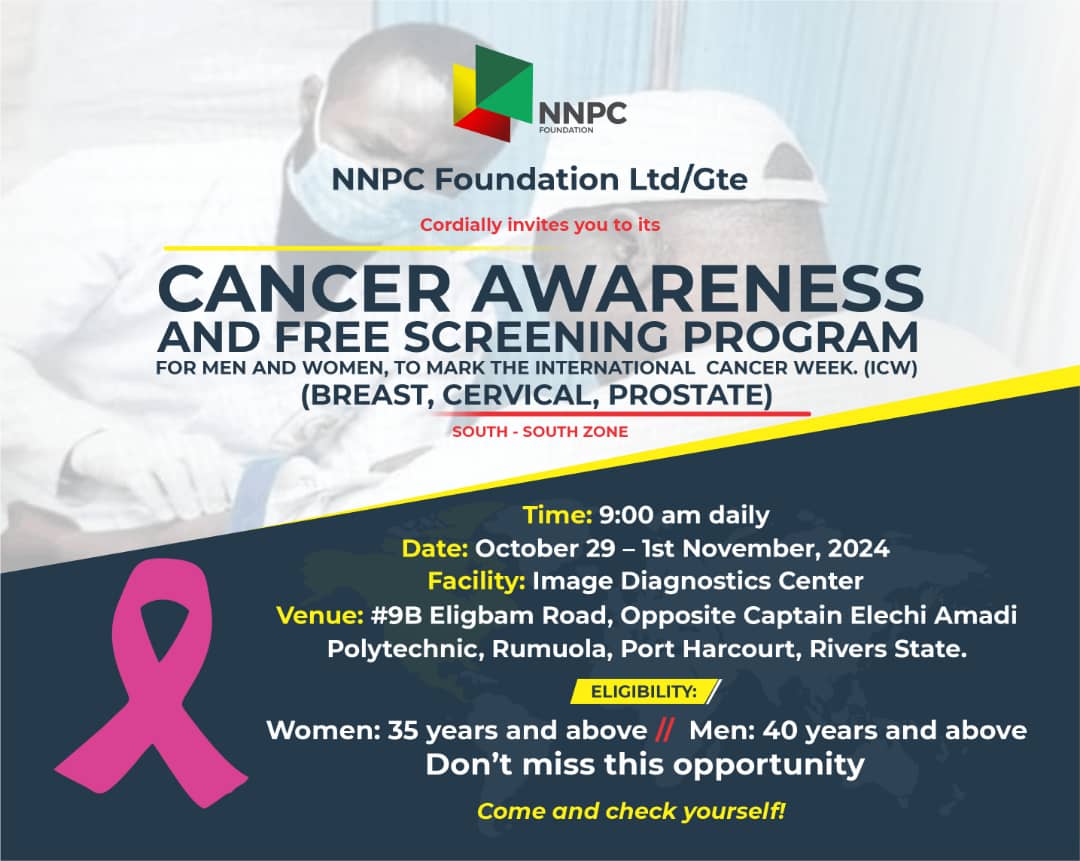
Court Stops CBN From Releasing Allocations To Rivers Govt
Mohammed Shosanya A Federal High Court in Abuja,Wednesday, restrained the Central Bank of Nigeria CBN from further releasing monthly financial allocations to Rivers state government.















